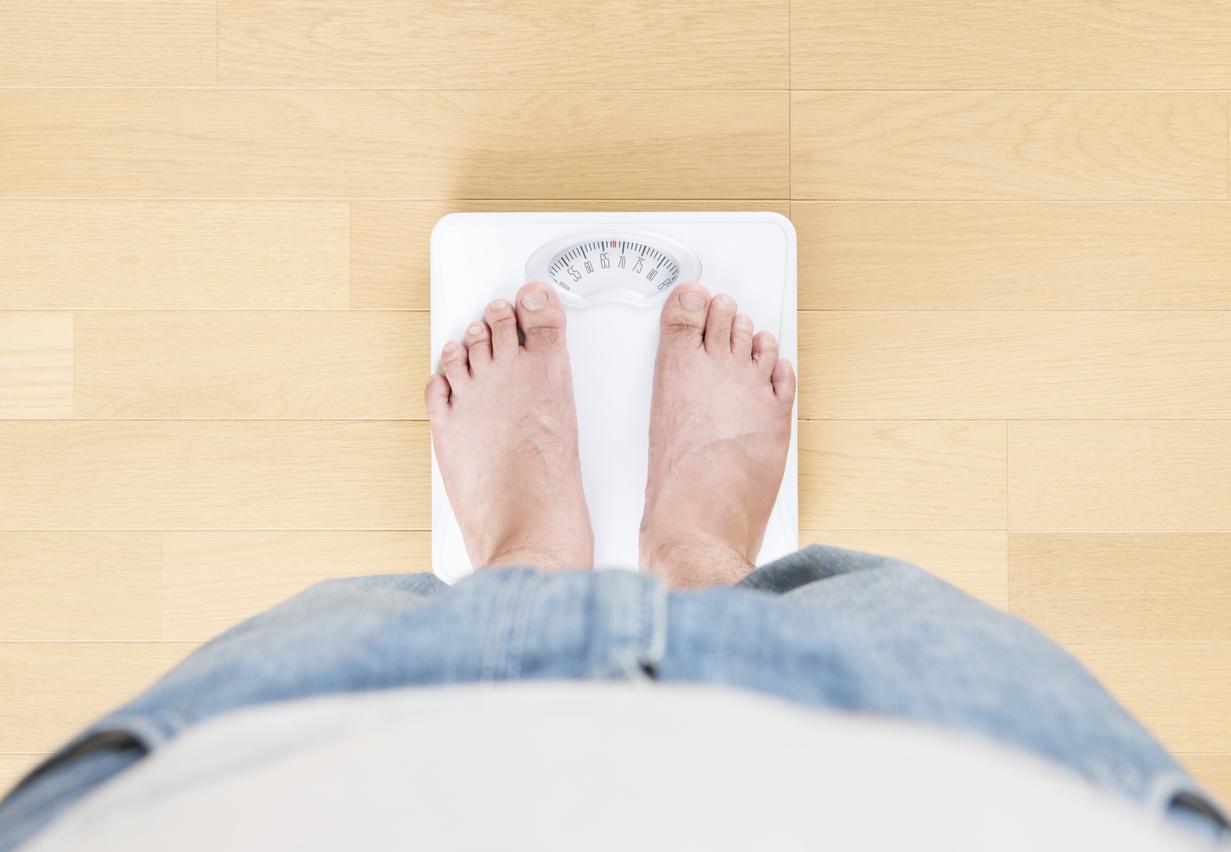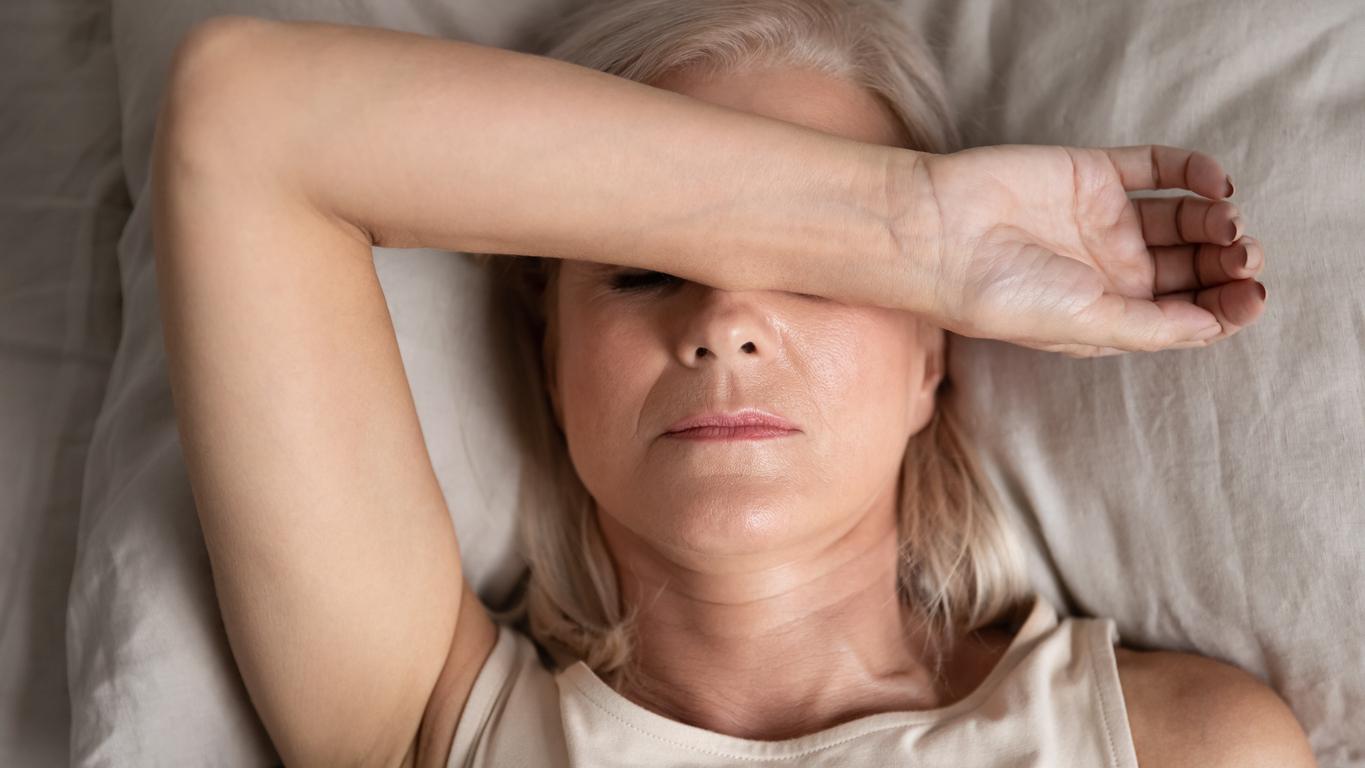Eat a balanced diet, get enough sleep, drink less alcohol, be more active… These good habits can help better manage and reduce lower back pain.

- During the “Healthy Lifestyle Program (HeLP)”, patients with chronic low back pain and at least one lifestyle risk factor were supported by physiotherapists, dietitians and coaches in order to adopt good habits.
- After 26 weeks, they scored 1.3 points lower on the disability questionnaire and lost 1.6 kg more than volunteers who received standard physiotherapy care.
- Researchers emphasize the need for a change in the treatment of back pain, moving away from medications and procedures and addressing lifestyle factors that can make all the difference.
It is one of the leading causes of disability worldwide. Low back pain is pain, often intense, in the lumbar vertebrae, located in the lower back. Despite taking numerous treatments, they often fail to provide lasting relief. “An unhealthy lifestyle is thought to increase the development and persistence of back pain, but there is uncertainty about whether integrating management of lifestyle risks into back pain management low back pain improves patient outcomes”, indicated researchers from the University of Sydney (Australia).
Low back pain: targeting lifestyle risk factors
To find out more, they carried out a study published in the journal JAMA Network Open. They recruited 346 adults, all with chronic low back pain and at least one lifestyle risk factor, such as obesity, poor diet, sedentary habits or smoking. Participants, followed from 2017 to 2020, were randomly assigned to two groups: the “Healthy Lifestyle Program (HeLP)” or standard physiotherapy care based on recommendations for the management of their lower back pain.
As part of the HeLP program, volunteers had telephone appointments with physiotherapists, dieticians and coaches, who helped them determine which lifestyle habits could influence their back pain such as weight, inactivity, poor diet, insufficient sleep, smoking or excessive alcohol consumption. They then received counseling, over a period of six months, to help them resolve issues related to their lifestyle.
Adopting good habits reduces disability and promotes weight loss
The results showed a difference in disability between the groups after 26 weeks. People who participated in the HeLP program scored on average 1.3 points lower than adults who received standard physical therapy care. HeLP volunteers also lost an average of 1.6 kg more than the control group. They also saw their quality of life improve further.
“Resolving back pain should not be limited to the back. Our body is not a machine, but rather an ecosystem where many factors interact and determine how we function and feel. Back pain is no different. Therefore, when a person has back pain that is not getting better, they should expect to receive comprehensive care that addresses a range of factors, not just what is happening to their body. spine. (…) The problem is that few people are informed about it, and even fewer receive the support necessary to focus on the elements that influence pain and long-term disability. Too many people are referred for surgery or prescribed medication. which do not relieve them and which can even be even more harmful”, reported Chris Williamswho led the research.

















